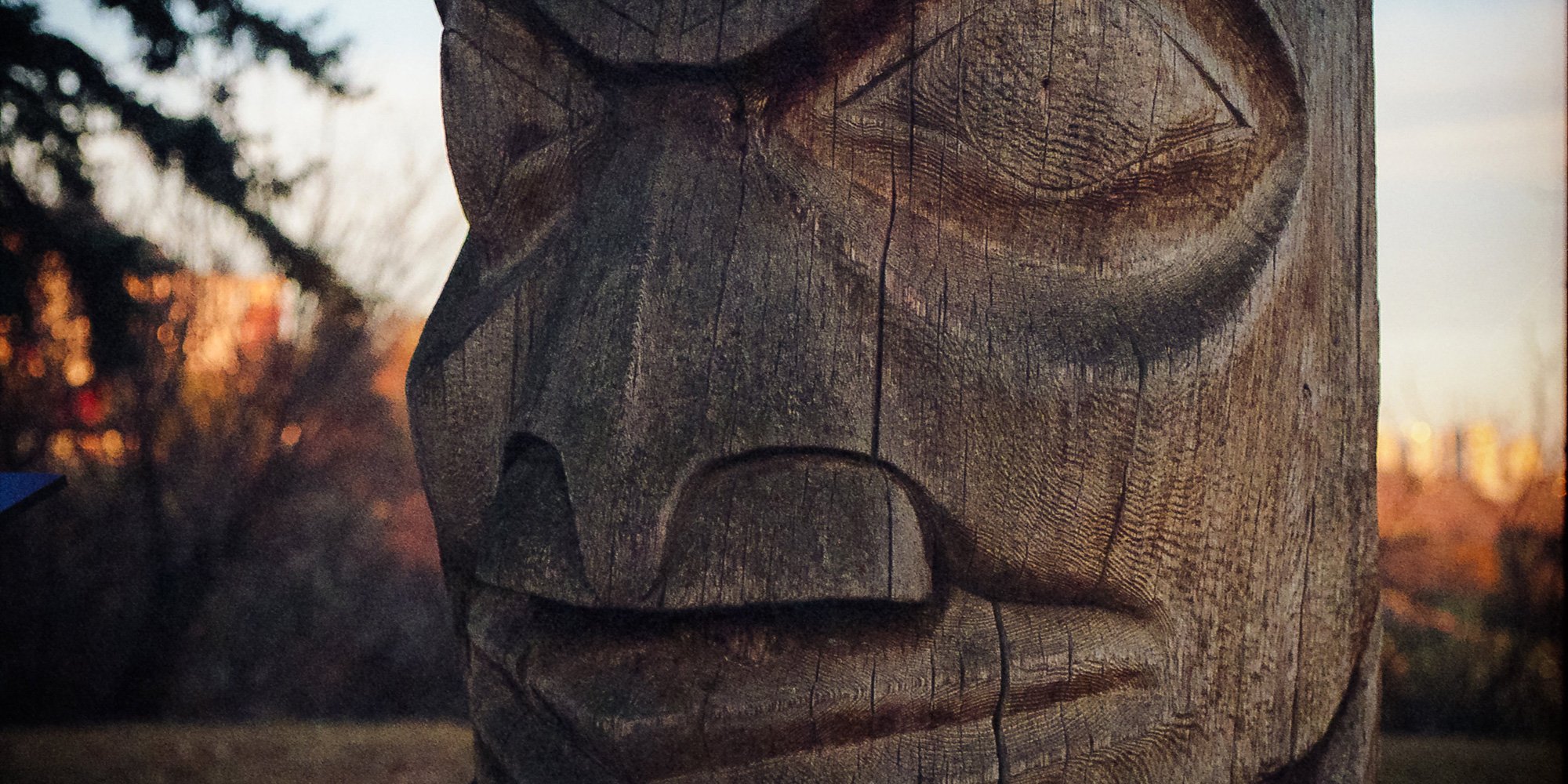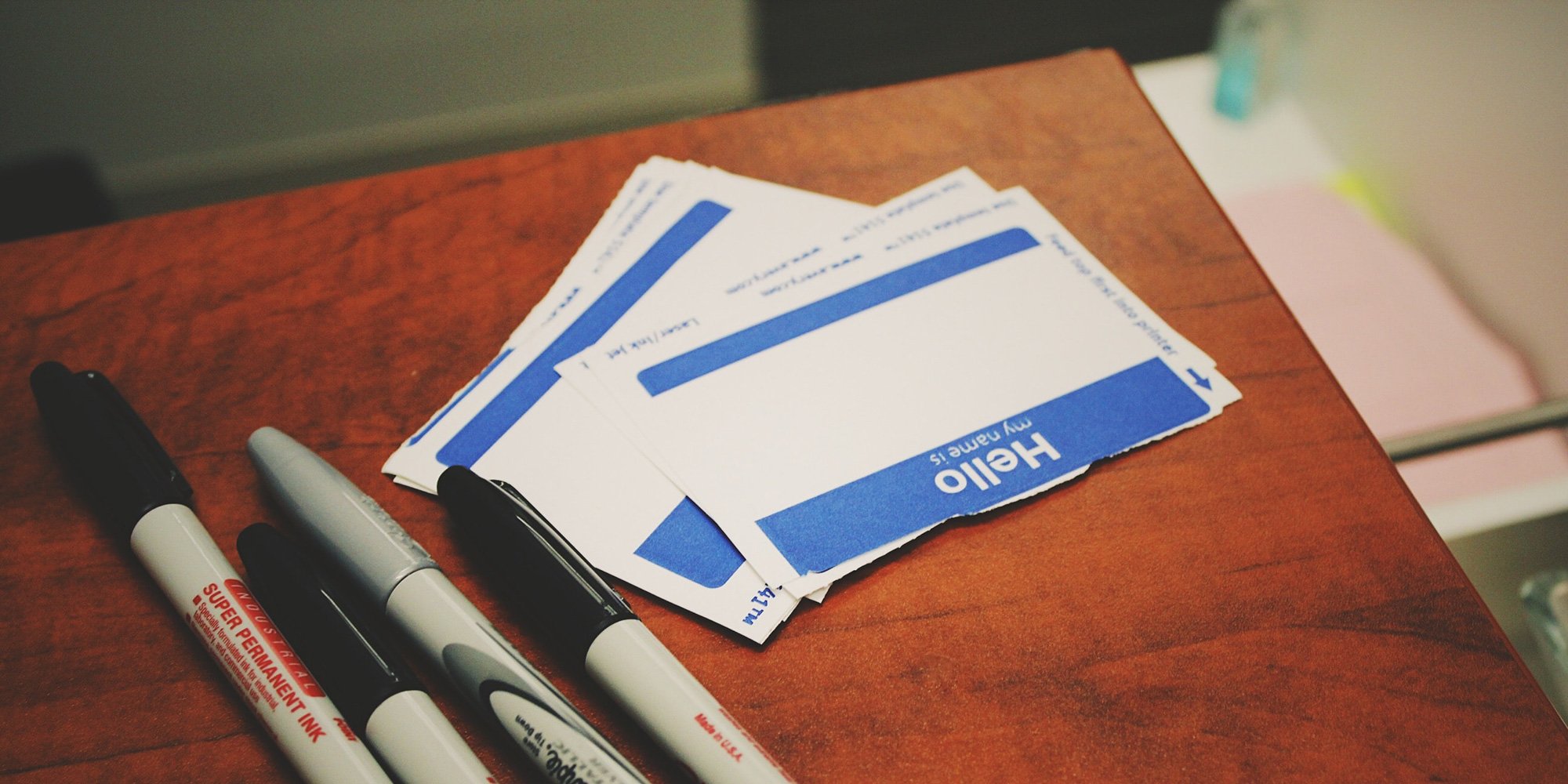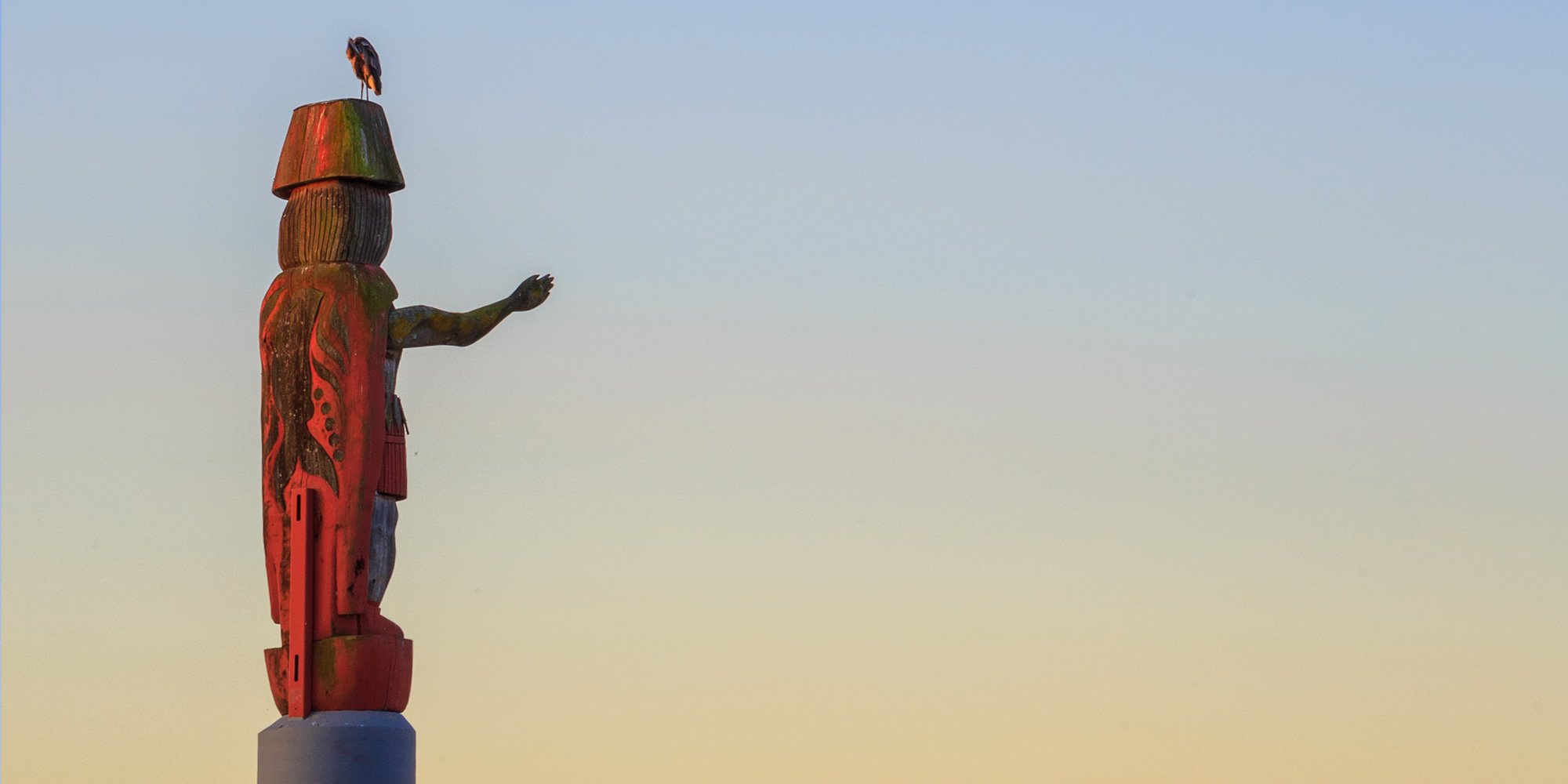Indigenous Peoples Terminology: Guidelines for Usage
We’ve talked about the definition of Indigenous Peoples and the constitutional significance of Indigenous or Aboriginal. In this article, we drill...

“Which is correct? Indigenous or Aboriginal” is a frequently asked question for us at Indigenous Corporate Training Inc. The federal government’s move to first change the name of Aboriginal Affairs and Northern Development to Crown-Indigenous Relations Northern Affairs Canada (CIRNAC) indicates the intent of a changing relationship with Indigenous Peoples in Canada. But it has people confused and asking which is correct. Indigenous or Aboriginal? We really appreciate the question and the motive behind the question - to respect Indigenous Peoples by using the correct terminology.
A collective noun for the original inhabitants of Canada has been a challenge ever since Christopher Columbus arrived in 1492. Believing he had landed in India it followed that the existing population would be referred to as “Indians”. Despite it being blatantly incorrect it became the de facto collective noun. Initially “Indians” included First Nations, Inuit and Metis.
Usage of the word Indian in Canada is decreasing due to its incorrect origin and connections to colonizer policies and departments such as the Indian Act, the Indian Department (precursor to INAC), Indian Agent, Indian residential schools etc. Some communities continue to use Indian in their tribal name - Osoyoos Indian Band is an example. Some individuals still refer to themselves as Indians, but in terms of a collective noun, it is rarely used. “Native” was also formerly a common term but is considered uncivil and rarely used in respectful conversations.
Aboriginal Peoples moved into popularity as the correct collective noun for First Nations, Inuit and Métis and was widely adopted by the government and many national groups. This distinction was made legal in 1982 when the Constitution Act came into being. Section 35 (2) of the Act states:
In this Act, "aboriginal peoples of Canada" includes the Indian, Inuit and Métis peoples of Canada.
Aboriginal Peoples was a fresh step although there was resistance to its usage from some groups, as discussed in “Indigenous vs. Aboriginal”.
And now the federal government has moved to embrace Indigenous and all of its legal ramifications. By recognizing First Nations, Inuit and Metis as Indigenous Peoples, the government is acknowledging their internationally legal right to offer or withhold consent to development under the United Nations Declaration of the Rights of Indigenous Peoples, which Canada endorsed with conditions under then Prime Minister Stephen Harper.
For some more information on the significance of the government embracing Indigenous, please read “Back to the Future: PM-designate Justin Trudeau evokes the Royal Proclamation”
On a personal note, we are following suit. We have been changing the titles of our courses to Indigenous Awareness, editing our content and eBooks, and changing our website URL. It’s a big job and it will take some time so please bear with us as we make the change. However, as the constitutional definition remains "Aboriginal" we will continue to use Aboriginal when we refer to rights and title on our blog, website, eBooks and book, Working Effectively with Indigenous Peoples®.
On the topic of correct terminology, here’s a tip - avoid using the possessive phrase “Canada’s Indigenous Peoples (or First Nations/Inuit/Métis)” as that implies ownership of Indigenous Peoples. A better approach would be “Indigenous Peoples in Canada”.
We also receive questions on whether it is correct to use upper or lower case for Indigenous etc. You may have picked up on the lowercase aboriginal in the quote from Section 35 (2) whereas elsewhere in this article it is capitalized. Government and mainstream media lean towards lower case but we use capital letters as a show of respect just as French, English, and European are capitalized. If we are including a quote using lowercase we honour the source’s editorial style.
Featured photo: Flickr, Kurt B

We’ve talked about the definition of Indigenous Peoples and the constitutional significance of Indigenous or Aboriginal. In this article, we drill...

Indigenous vs. Aboriginal - what does it mean for business? We received this timely question from an onsite client and newsletter subscriber: The...

We’ve talked about the constitutional implications of Indigenous or Aboriginal so now want to tackle the definition of Indigenous Peoples in Canada...